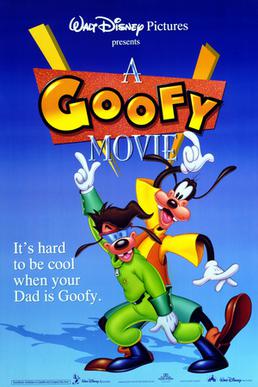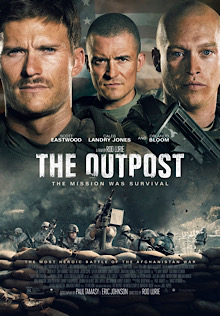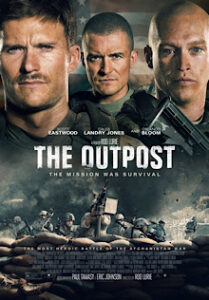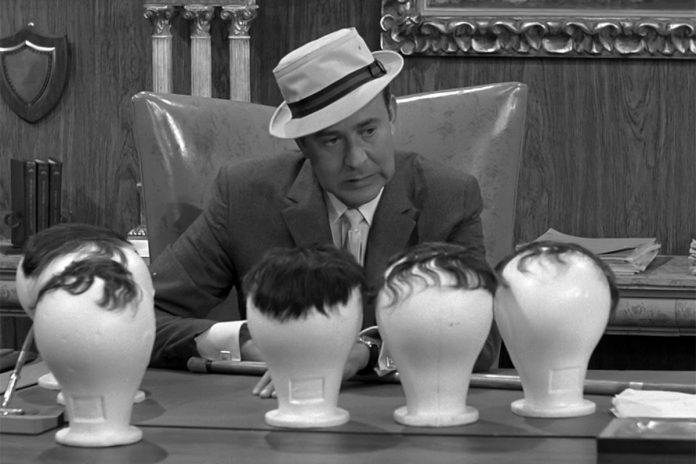Movies for the Homebound XV: Summer!
Posted on July 7, 2020 at 8:00 am
More movies for families to enjoy at home together. This week, some great summer movies!
The Endless Summer and The Endless Summer II The classic 1966 documentary about surfing and the 2003 update are both laid-back pleasures, gorgeous beaches, rolling waves, and balance in every sense of the word. You’ll even meet the real-life Gidget. (Also try: Step Into Liquid and Riding Giants)
Gidget: Speaking of Gidget, here’s the movie that made her a sensation, with Sandra Dee as the “girl midget” who shows the boys on the beach that she can rock a surfboard. Followed by “Gidget Goes Hawaiian” and “Gidget Goes to Rome” and the Sally Field television series.
DogTown and Z Boys: This documentary (much better than the feature film it inspired), is a rare look at a history-changing moment. A bunch of kids left to themselves in a summer drought when pools were all drained turned the sleepy world of skateboarding upside down, creating not just crazy tricks but a whole new world of extreme sports.
A Goofy Movie Let’s face it. All kids think their parents are goofy. But Max’s dad is the real Goofy. And when they take a cross-country car trip together (ah, remember those?) you can imagine, they get into some goofy situations and some heartwarming ones as well.
The Inkwell More mature audiences will appreciate this story about a sweet teenager visiting Martha’s Vinyard with his family. Larenz Tate and Jada Pinkett Smith are both outstanding.
The Flamingo Kid: This is one of my very favorites. Matt Dillon stars as a kid from a lower-class family who gets a job at a posh country club. Matt Dillon and Richard Crenna are terrific.
The Parent Trap: Two girls show up at summer camp and discover they are identical twins separated when their parents divorced. Both the original with Hayley Mills and the remake with Lindsay Lohan are a lot of fun.
Roll Bounce: Another one of my favorites, this is the story of a group of kids from the poor side of town who decide to compete in a roller skate competition. Great story, great skating, great soundtrack.
The Sandlot: You can almost feel the sunshine in this beloved family classic about a bunch of kids in the neighborhood who play baseball.
The Way Way Back: A teenager and his mom visit her mean boyfriend’s summer home, and the boy finds friends at the local amusement park. Sam Rockwell has one of his best roles as a slacker with a kind heart.





